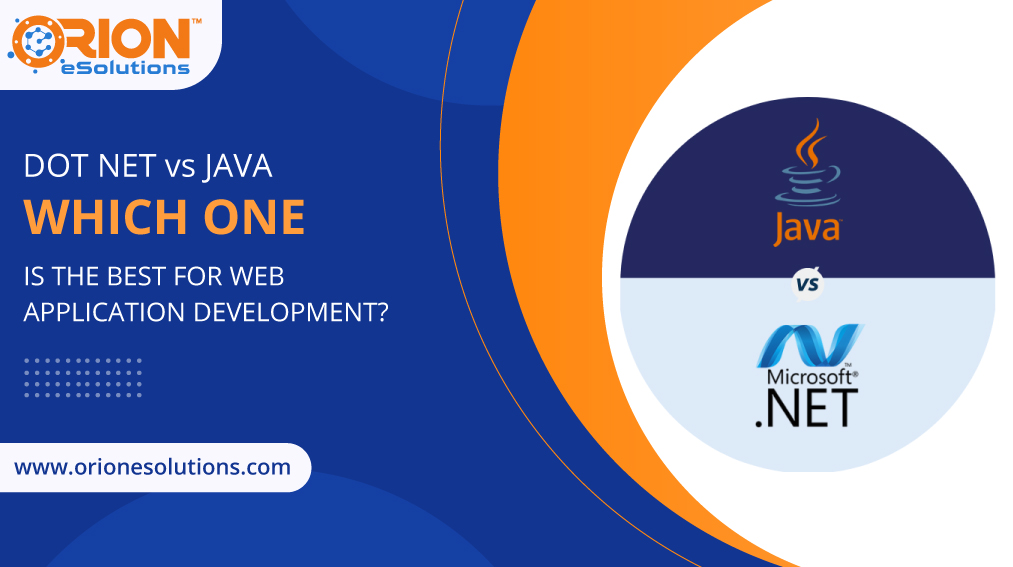In order to adjust in this ever-evolving scenario of technology growth, the popular languages for web application development are changing too. More often than not, it becomes pretty difficult to pick when a choice needs to be made between two languages. For instance; .NET and Java are two very prominent technologies when it comes to web application development.
When it comes to a comparison between DOT NET vs. Java, there is mostly a great enthusiasm amongst the Java and .NET developers. Since both of these languages are pretty famous in their own ways, it can become increasingly difficult to choose which one is the best as a good web application development tool. Both of these technologies can be used to make high-quality intuitive business applications.
In this article, we will find out the main differences and similarities between the dot net vs java, the kind of applications made using these languages and which one is the best for web application development.
- THE ULTIMATE GUIDE TO HIRING THE BEST DOTNET DEVELOPER IN INDIA
- TOP 7 REASONS TO CHOOSE DOTNET FOR ENTERPRISE APPLICATION DEVELOPMENT
- DOTNET DEVELOPMENT COMPAANY IN INDIA
- FIVE DEVOPS AUTOMATION TOOLS EVERY DOT NET DEVELOPER MUST KNOW ABOUT
- WHY DOT NET FRAMEWORK IS A PREFERRED CHOICE OF WEB DEVELOPMENT COMPANIES?
- WHAT IS THE BEST WAY TO DEVELOP A WEB APPLICATION IN DOT NET?
Let’s begin:
DIFFERENCES BETWEEN DOT NET AND JAVA:
-
FUNDAMENTAL DIFFERENCE:
JAVA: Java is a programming language that has the ability to work on almost any operating system. It provides a Java virtual machine that allows the code to run on almost any device or operating system. For this reason, it is known as a portable language. Furthermore, it also supports languages like Python, Ruby, etc.
DOT NET: Fundamentally considered as a framework, Dot net mainly focuses on windows and supports multiple versions of .net languages such as C#, VB.NET, C++, etc. In addition, it also supports various web services by default since it is built-in.
-
INTEGRATED DEVELOPMENT ENVIRONMENT:
JAVA: The Java IDE offers a code editor, compiler debugger and many elements such as Maven which is building the code with much-needed ease. Additionally, there are a few IDEs such as NetBeans, IntelliJ, Eclipse IDE that help in making the development process a lot better. These platforms are user-friendly so even beginners can start using them without facing any problems.
DOT NET: The Visual Studio is well integrated with .net and includes features such as the language-specific environments. Dot Net IDE plays the role of being a single workspace with multiple document interfaces that help in development activities such as compiling, editing, etc.
One of the major features of IDE is the fact it provides creation facilities at design time. This not only helps in saving the development time but speeds up the development process as well. Also, this helps in customization of the appearance and behaviour of applications using different macros.
-
OVERALL PERFORMANCE:
JAVA: Some of the factors that dictate the overall performance of Java are:
- Since Java is an interpreted language, the code does not get converted to machine language until the time it gets executed.
- It has the capability to use a switch statement on string variables but is not capable of doing this with the old framework.
- LINQ is not available with Java
DOT NET: Some of the factors that dictate the overall performance of .NET are:
- It is capable of being compiled and run on the operating system in which the code is deployed.
- C# helps in using a switch statement on a string variable while also providing native generic data support.
- LINQ is available in Java and enables a user to write queries directly rather than storing the procedures.
ADVANTAGES
JAVA:
- Being a portable language, Java can run on almost any operating system.
- It is possible to build web applications easily on any platform.
- All the domain objects are already present so there is not much of a problem while calling the database.
- Multiple integrating connectors are available easily for Java.
- The code written in Java is compatible in a backward way. Therefore, it can migrate easily from one operating system to another.
DOT NET:
- A completely unified environment is offered by Microsoft in the form of a .Net platform.
- This platform offers complete scalability which then offers a comprehensive range of tools and IDEs over the network.
DISADVANTAGES
JAVA: A major disadvantage of Java is the fact that it comes with compromised security in platform-agnostic solutions. Moreover, although the multi-platform makes Java special, it also tends to make Java slower.
DOT NET: A disadvantage of .Net is the fact that it is only available for the entity framework which limits the object-relational support. Also, the managed code runs much slower as compared to native code in this framework. The developers are majorly dependent on updates, features, and enhancements on Microsoft.
SIMILARITIES BETWEEN DOT NET AND JAVA:
- MODULAR: Java and .NET support downloading and introducing outside conditions from different types of coders in order to make the advancement better and quicker. It is just important to make sure that these conditions are known by the web developer working on the project.
- OBJECT ORIENTED PROGRAMMING: Dot Net and Java are both object-oriented languages. This means that using the classes, polymorphism, and legacy depends on the programmer. This also makes the code increasingly popular, so the classes can be taken from the present venture and can be used with future activities.
- TARGET PLATFORMS: Both Java and .NET can be used for web, work area, and the versatile advancement. For the versatile applications, Java is usually Android and .NET is mostly the Windows portable programming.
- MULTI TIER ARCHITECTURE: In addition to providing the best platforms for web development, Java and .NET come with a multi-tier architecture that enables the developers to build tiered web applications where the business logic and data are captured.
CONCLUSION:
In conclusion, in the comparison of Java vs. .NET, no particular language is superior to another. When it comes to choosing one between the two, it completely depends on the skills of the developer and the requirements of the project.
Whether businesses are looking to hire dot net developer from a dot net development company or a java developer from a java development company, they must calculate the total costs for both the platforms. While Java is suitable for web projects, .NET works well for projects that involve web services and API.
Therefore, the best way to go about this is by analyzing the requirements and then moving ahead. The final objective is to check the operational efficiency of a business. Therefore, checking the preferences will help the most in finalizing a language.








